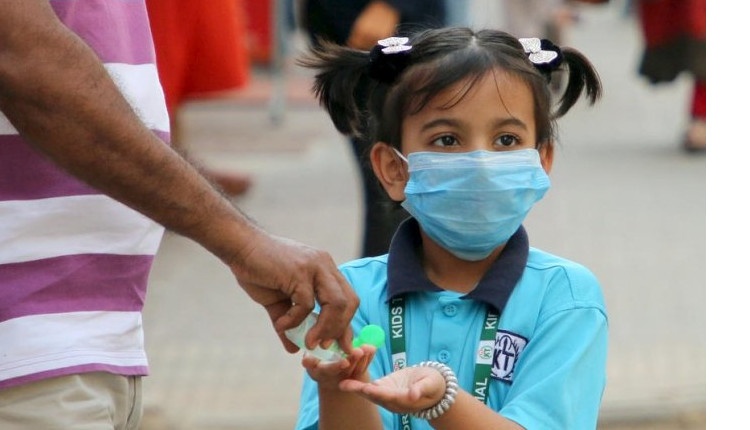
The concrete support of the WHO to migrants and refugees worldwide in times of COVID-19
Migrants and refugees are facing the biggest pandemic ever. That’s why the WHO and the UNHCR (UN Refugee Agency) are doing everything they can to ensure healthcare assistance, solidarity and protection to the most vulnerable displaced people worldwide. Here below, the situation.
The efforts of the WHO and the UN Refugee Agency against COVID-19, the support to displaced populations
The WHO (World Health Organization) and the UN Refugee Agency are working together to support and protect around 70 million displaced people worldwide from COVID-19 infection. The WHO General Director Tedros Adhanom Ghebreyesus affirmed, “solidarity and the goal of serving vulnerable people are the principles that underpin the work of both our organizations. We stand side by side in our commitment to protect the health of all people who have been forced to leave their homes”.
The aim is to ensure that they can afford health services when and where they need them. Around 26 million are refugees, 80% of whom are sheltered in low and middle-income countries with weak health systems.
The WHO, supply chains and healthcare services guaranteed. Meanwhile, no COVID-19 cases amid migrants in Serbia
Plus, the WHO, as the General Director reported in an official press release, is working with all the government of the world to assure the supply chains and the healthcare services. This declaration arrives also with a very good piece of news: no COVID-19 case has been registered among the migrants and refugees in Serbia.
NGOs and migrant centers are distributing health education material in 7 languages, with PPEs, personal hygiene products and disinfectant.
The WHO and the UN Refugee Agency against COVID-19, the situation in the Middle East
The WHO Country Office in Kyrgyzstan reported that PPEs arrived there, too. Thanks, also to the support of the Ministry of Health of Kyrgyzstan. The real danger is the control of the coronavirus amid refugees who live in camps. The Lancet warns that preventive social distancing and hygiene measures are difficult to respect in those camps.
The major concern is for the refugee camps in Djibouti, Sudan, Lebanon, Syria and Yemen, where the number of refugees increases week by week. That’s why, the WHO, in order to enhance interagency coordination for country support, in collaboration with IOM, ESCWA and ILO, has established a Regional Taskforce on COVID-19 and Migration/Mobility.
COVID-19 in Asia: Rohingya refugee camps and the WHO COVID control plan
The WHO is working with governments to secure the health of nearly one million Rohingya refugees in Bangladesh’s Cox’s Bazar. This will be a harsh challenge, while the monsoon season is approaching, and this means that COVID-19 can be very difficult to control.
Dr Zsuzsanna Jakab, Deputy Director-General of WHO reports that it is essential that organizations work with refugees and migrants. They must have access to the technical guidance and resources required to prevent and control coronavirus among displaced populations.
In Thailand, for example, all migrants and refugees have access to universal health coverage, regardless of their legal status. In addition to PPEs distribution, the WHO’s Thailand Country Office has mobilized resources locally from the Government of Japan to help strengthen surveillance and outbreak response in refugee camps. They also set up a migrant hotline for COVID-19 in the Khmer, Lao and Burmese languages.
Singapore and the language barriers
The biggest problem is the language barrier. The Government of Singapore, with support from WHO, health partners and NGOs, has enhanced risk communication and community engagement with foreign workers in dormitories. Authorities have found innovative ways to communicate with them in their native languages.
The NGOs in the area, including the Migrant Workers Center, are working with the WHO to dispatch more than 5000 dormitory ambassadors to help communicate and disseminate important messages. These ambassadors are foreign workers themselves and have volunteered to help fellow workers.
READ ALSO
The WHO for COVID-19 in Africa, “without testing you risk a silent epidemic”
Madagascar President: a natural COVID 19 remedy. The WHO warns the country
Supply flights’ disruption can cause other diseases outbreaks in Latin America, the WHO declares
Emergency Coronavirus, the WHO declares this is a pandemic. Worries in Europe
REFERENCES
UNHCR
WHO


